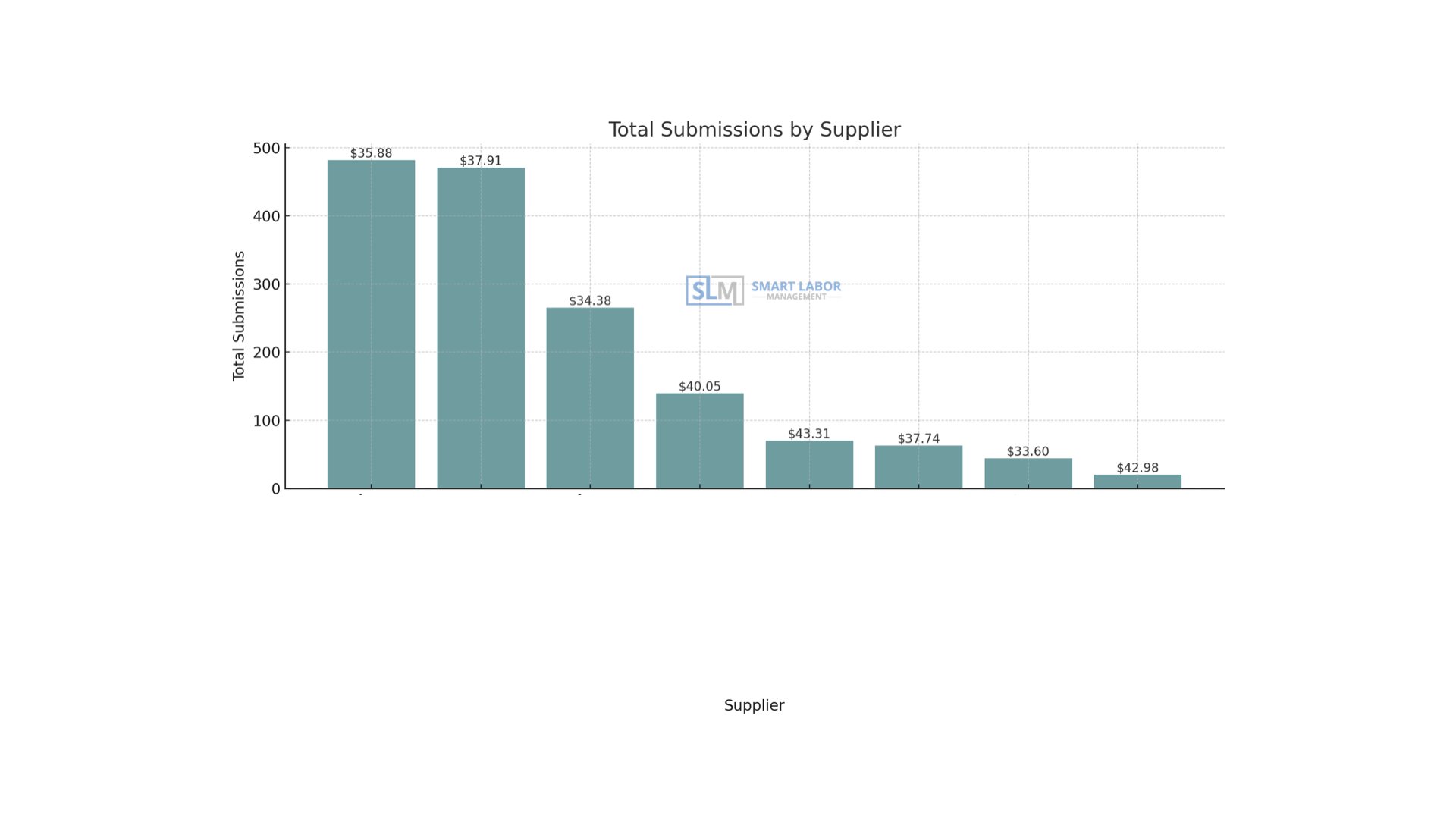Leveraging a Vendor Management System to Elevate Construction Projects
Managing skilled trade labor efficiently can significantly impact the success of a project. One powerful tool that can optimize this aspect is a Vendor Management System (VMS). By streamlining the procurement process and enhancing the quality of labor, a VMS can be a game-changer for construction companies looking to improve efficiency and project outcomes.
Faster Time to Fill with Streamlined Procurement
A VMS automates and centralizes the management of staffing vendors, which drastically simplifies the process of sourcing and deploying labor. Typically, filling job requisitions in construction involves multiple agencies and considerable administrative overhead, leading to delays and increased costs. However, a VMS integrates these processes into a single platform, providing a unified view that aids quick decision-making.
By using a VMS, construction companies can access a consolidated database of vendors and available skilled workers, reducing the time to scout and secure the necessary personnel. This system not only speeds up the hiring process but also ensures that the staffing aligns perfectly with project requirements. The result is a significant reduction in the time to fill positions, which is critical in an industry where project timelines are tight and delays are costly.
Improved Quality of Workforce
The quality of labor is paramount in construction, where the skills and reliability of each worker can directly affect the project's overall success and safety standards. A VMS enhances workforce quality through robust tracking and management of worker performance across projects. This data-driven approach allows companies to evaluate the performance of workers supplied by different vendors consistently.
One of the standout features of a VMS is its ability to collect and analyze performance data from various sources, including project managers and on-site supervisors. This information is crucial in preventing low-performing workers from being rehired through different agencies. By maintaining high standards and enabling informed decision-making, a VMS helps ensure that only the best workers are involved in your projects.
Sample report showing client supplier performance over time, number of candidates submitted, avg. hourly rate.
Continuous Improvement and Strategic Insights
Beyond immediate staffing needs, a VMS provides valuable insights that can inform strategic decisions. The system's analytics capabilities allow construction companies to identify trends, assess vendor performance, and optimize their staffing strategies over time. This continuous improvement cycle leads to better project outcomes and can foster stronger relationships with the most reliable vendors.
Moreover, with advanced reporting tools, construction companies can gain a deeper understanding of their labor costs and project allocations, helping to streamline budgeting and financial planning. This holistic view of operations and workforce management is essential for scaling efficiently and sustainably in the competitive construction industry.
Sample redacted report showing supplier performance by negative turnover %, vs. avg hourly worker rate.
Conclusion
For construction companies, every element that can be optimized to save time and enhance quality represents a competitive edge. Implementing a Vendor Management System offers a strategic advantage by speeding up the hiring process and elevating the quality of trade labor. As the construction industry continues to evolve with technological advancements, embracing tools like a VMS can be a pivotal step toward achieving operational excellence and superior project delivery.


